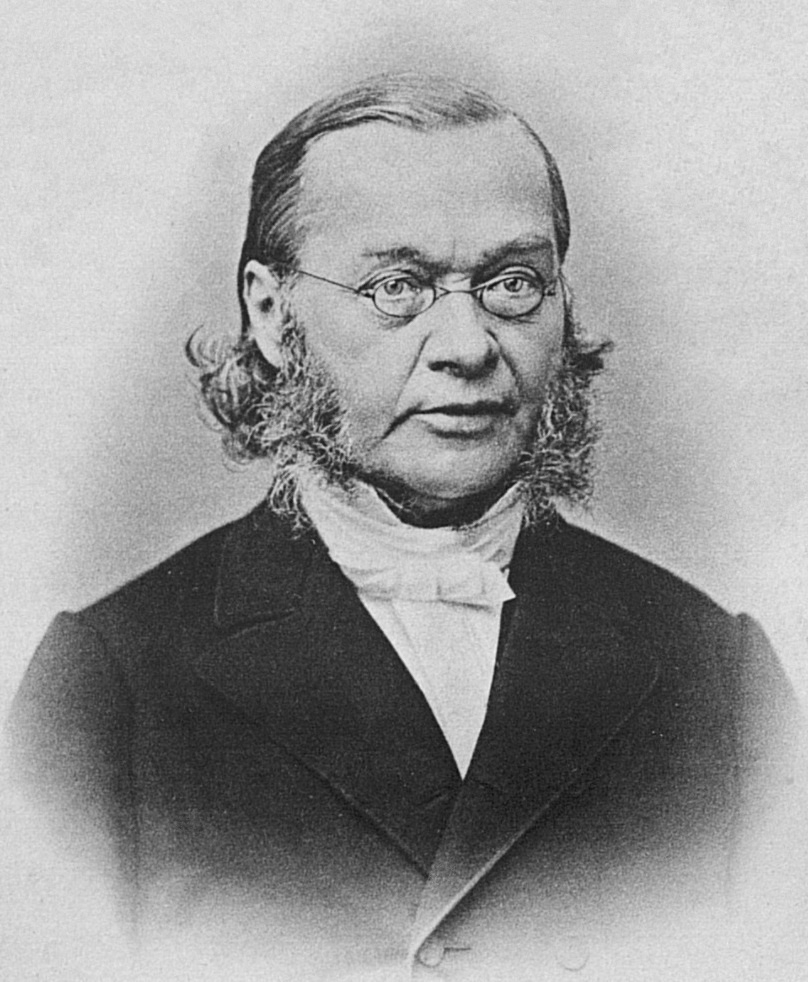|
Fröndenberg
Fröndenberg (; Westphalian: ''Frönnenbiärg'') is a town in the district of Unna, in North Rhine-Westphalia, Germany. Geography Fröndenberg is situated in the Ruhr valley, approx. 10 km south-east of the district capital Unna, near the Hönne. Neighbouring places * Unna * Wickede * Menden * Schwerte * Holzwickede History The city as such is relatively new, it grew out of the reorganization in 1902 whereby the former independent villages Stift, Westick and village Froendenberg melted into the bigger village community of Fröndenberg. It obtained city status in 1952. The oldest record of the name ` Frundeberg` is the papal document by Coelestin III from 1197. The present day administrative infrastructure goes back to 1968 when the villages Altendorf, Ardey, Bausenhagen, Dellwig, Frohnhausen, Frömern, Langschede, Neimen, Ostbüren, Stentrop, Strickherdicke, the town of Warmen and the town of Fröndenberg were merged into one administrative unit. In 1969 the village B ... [...More Info...] [...Related Items...] OR: [Wikipedia] [Google] [Baidu] |
Ernst Wilhelm Hengstenberg
Ernst Wilhelm Theodor Herrmann Hengstenberg (20 October 1802, in Fröndenberg28 May 1869, in Berlin), was a German Lutheran churchman and neo-Lutheran theologian from an old and important Dortmund family. He was born at Fröndenberg, a Westphalian town, and was educated by his father Johann Heinrich Karl Hengstenberg, who was a famous minister of the Reformed Church and head of the Fröndenberg convent of canonesses ( Fräuleinstift). His mother was Wilhelmine then Bergh. Entering the University of Bonn in 1819, Hengstenberg attended the lectures of Georg Wilhelm Freytag for Oriental languages and of Johann Karl Ludwig Gieseler for church history, but his energies were principally devoted to philosophy and philology, and his earliest publication was an edition of the Arabic '' Mu'allaqat'' of Imru' al-Qais, which gained for him a prize at his graduation in the philosophical faculty. This was followed in 1824 by a German translation of Aristotle's ''Metaphysics''. Finding him ... [...More Info...] [...Related Items...] OR: [Wikipedia] [Google] [Baidu] |
